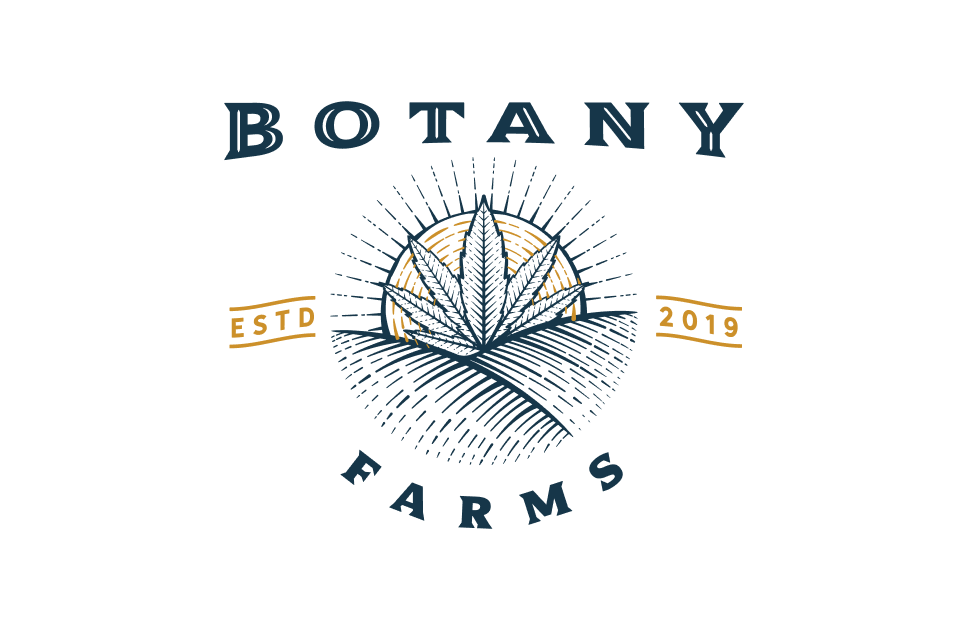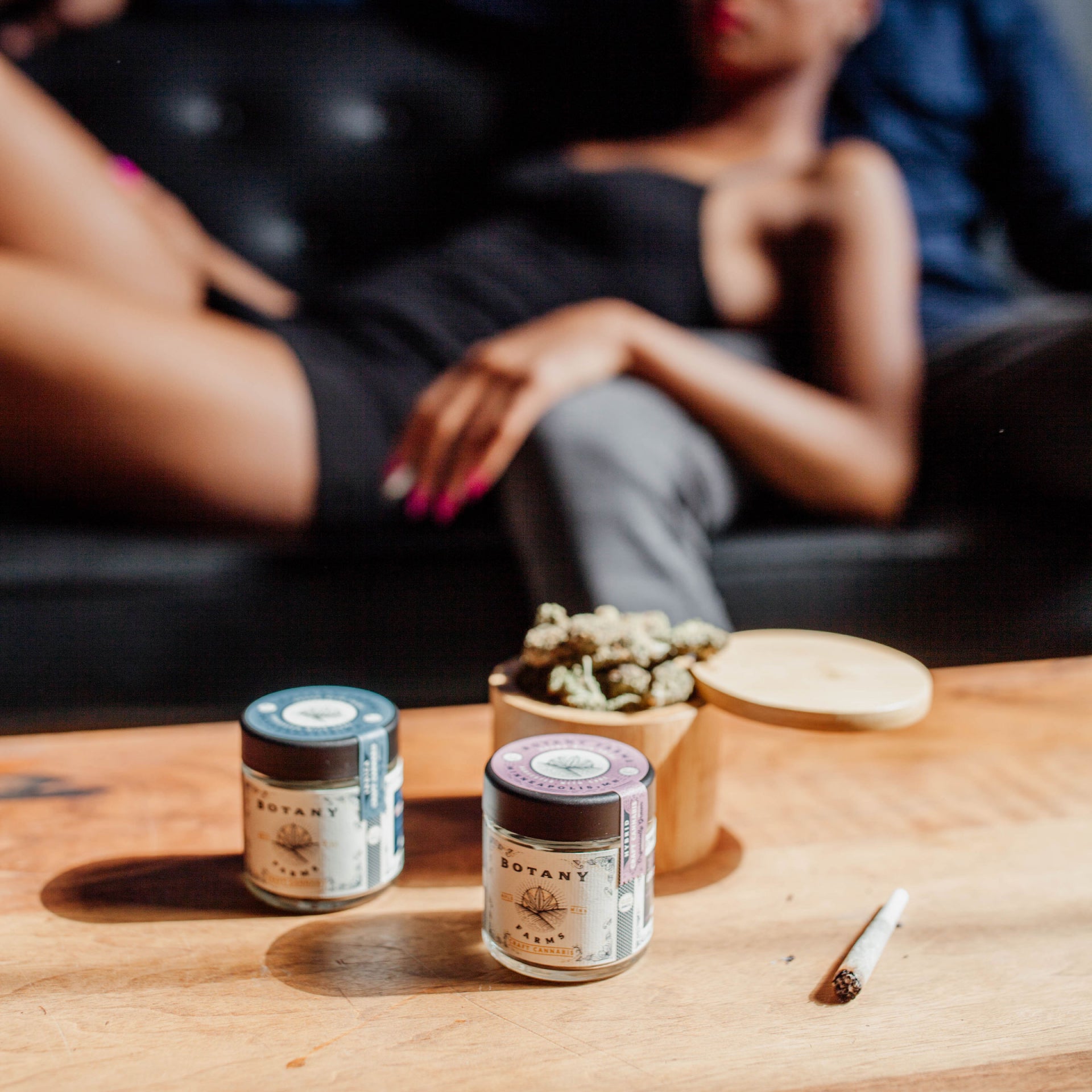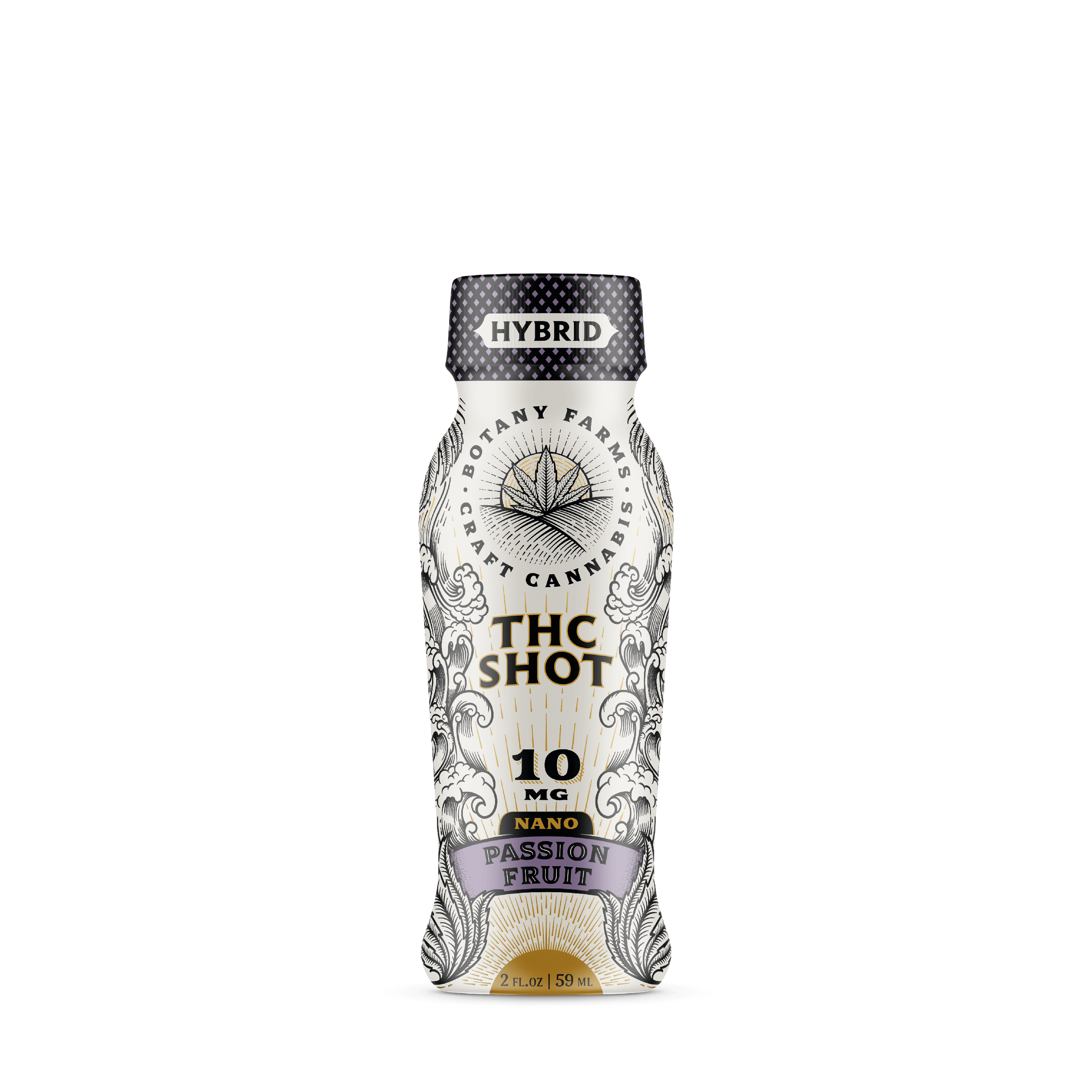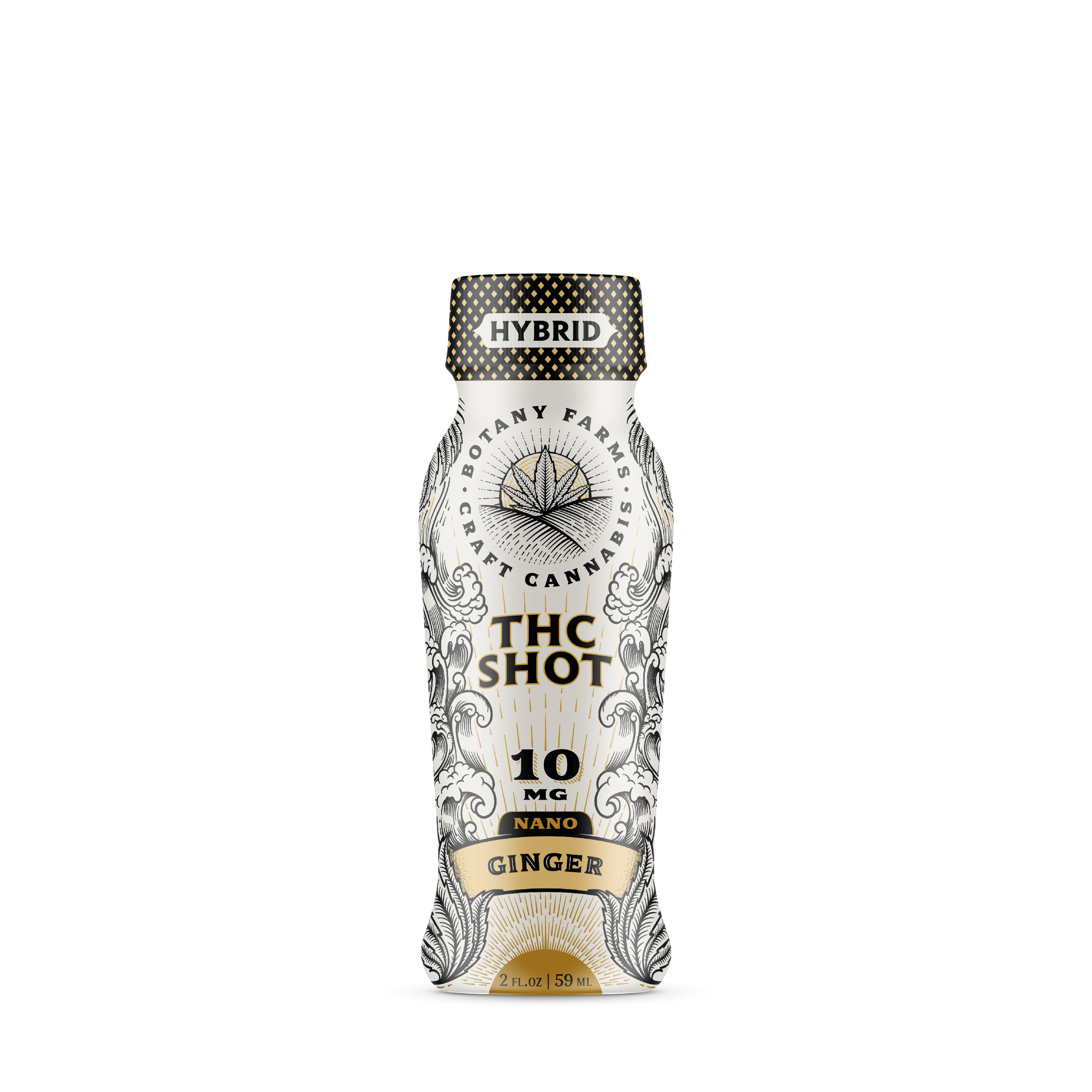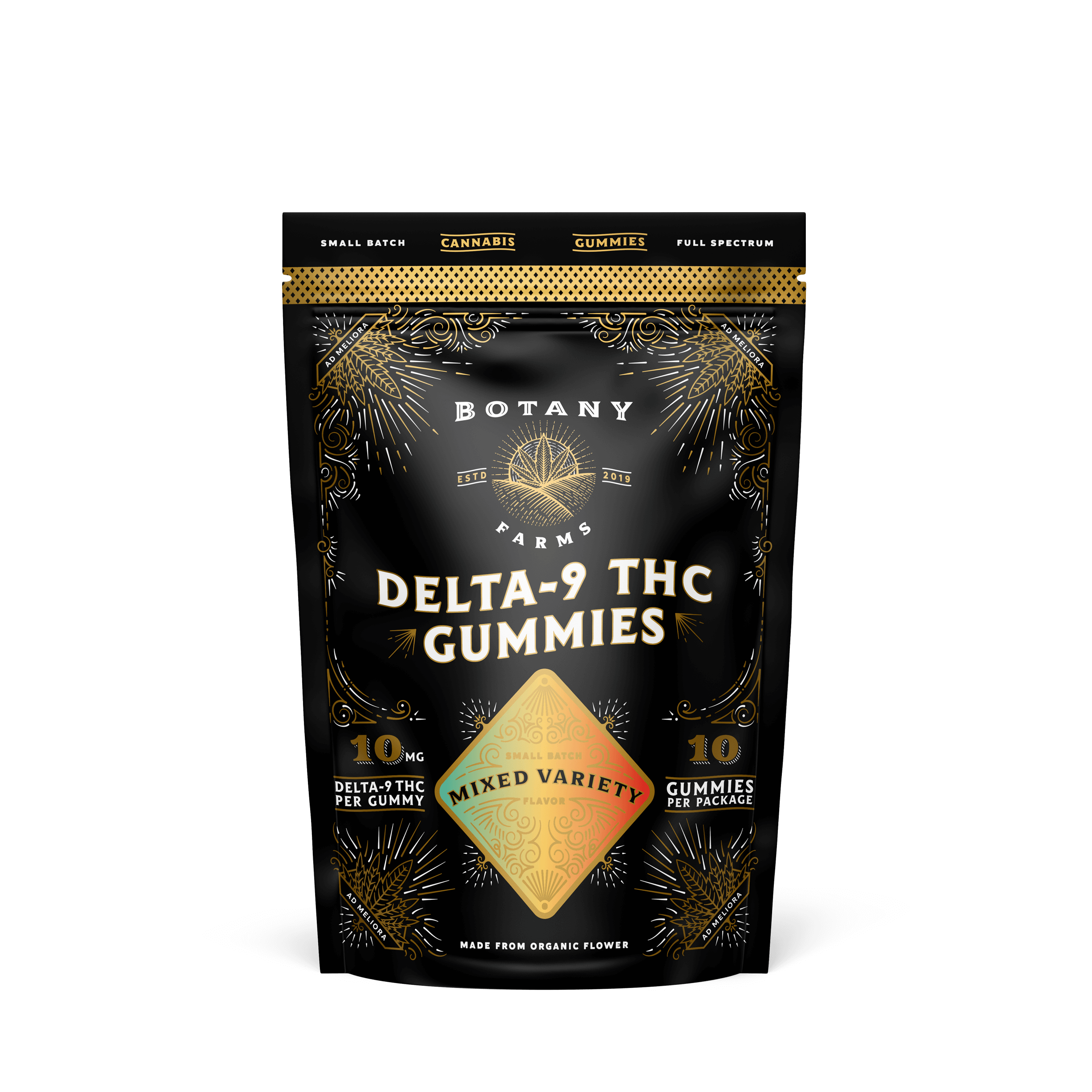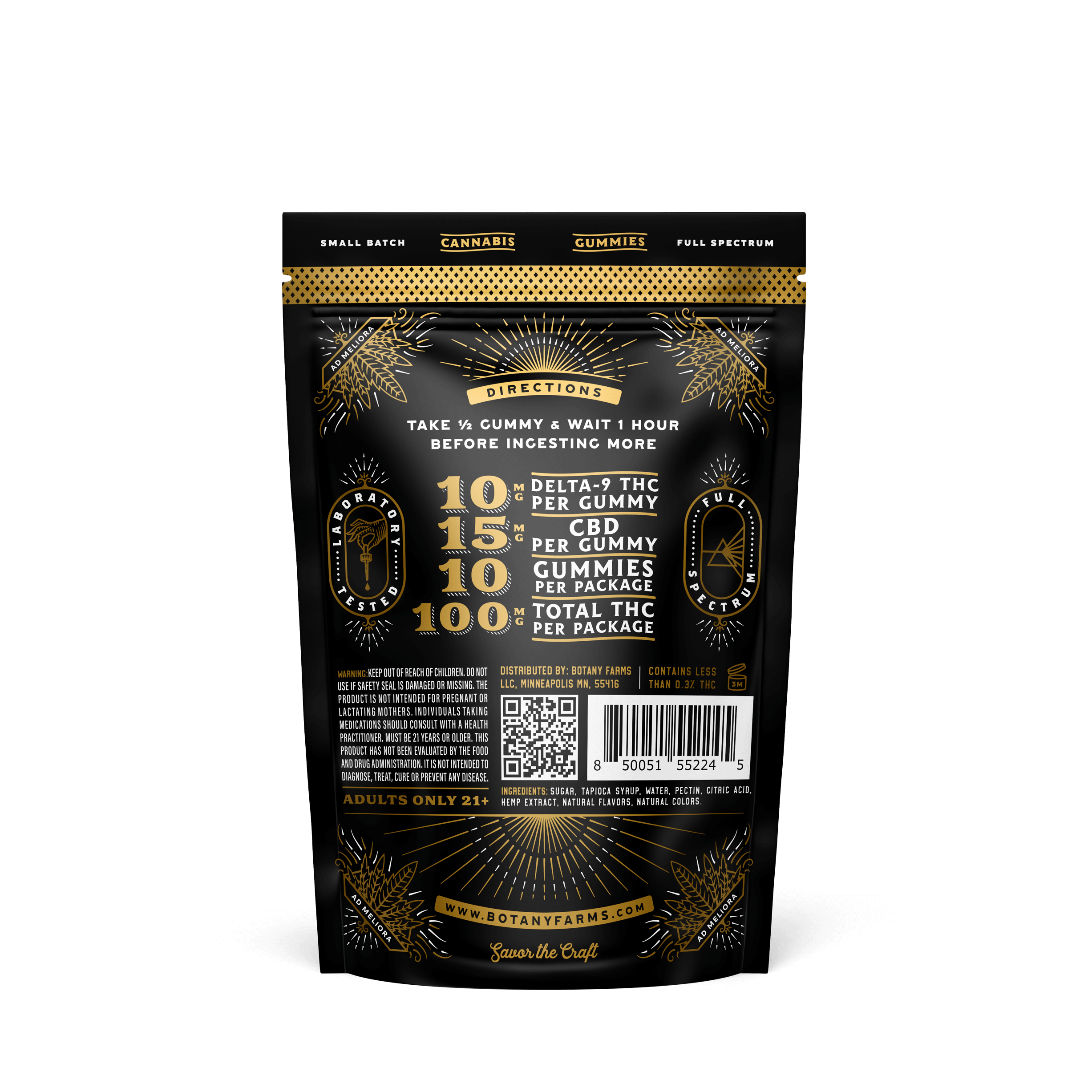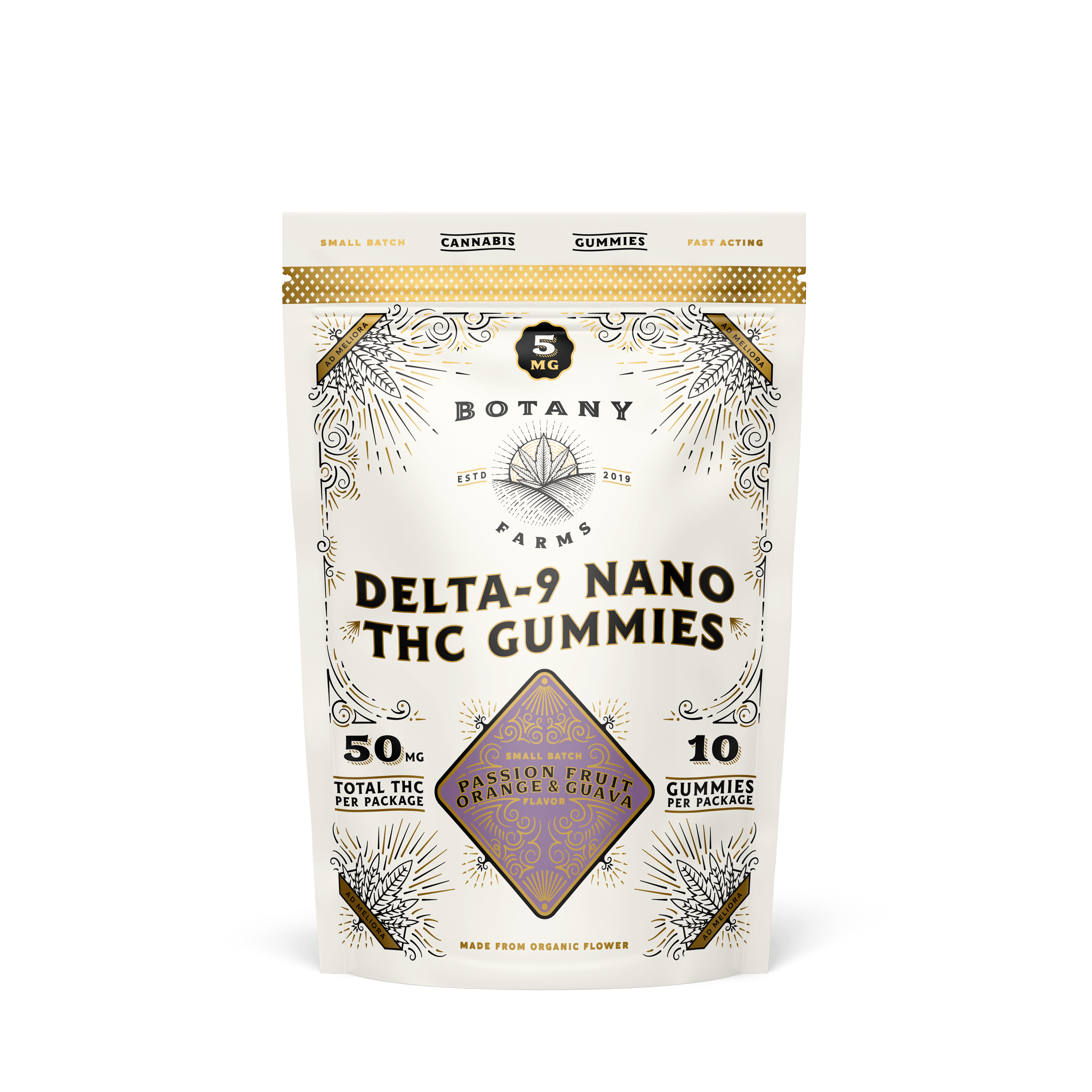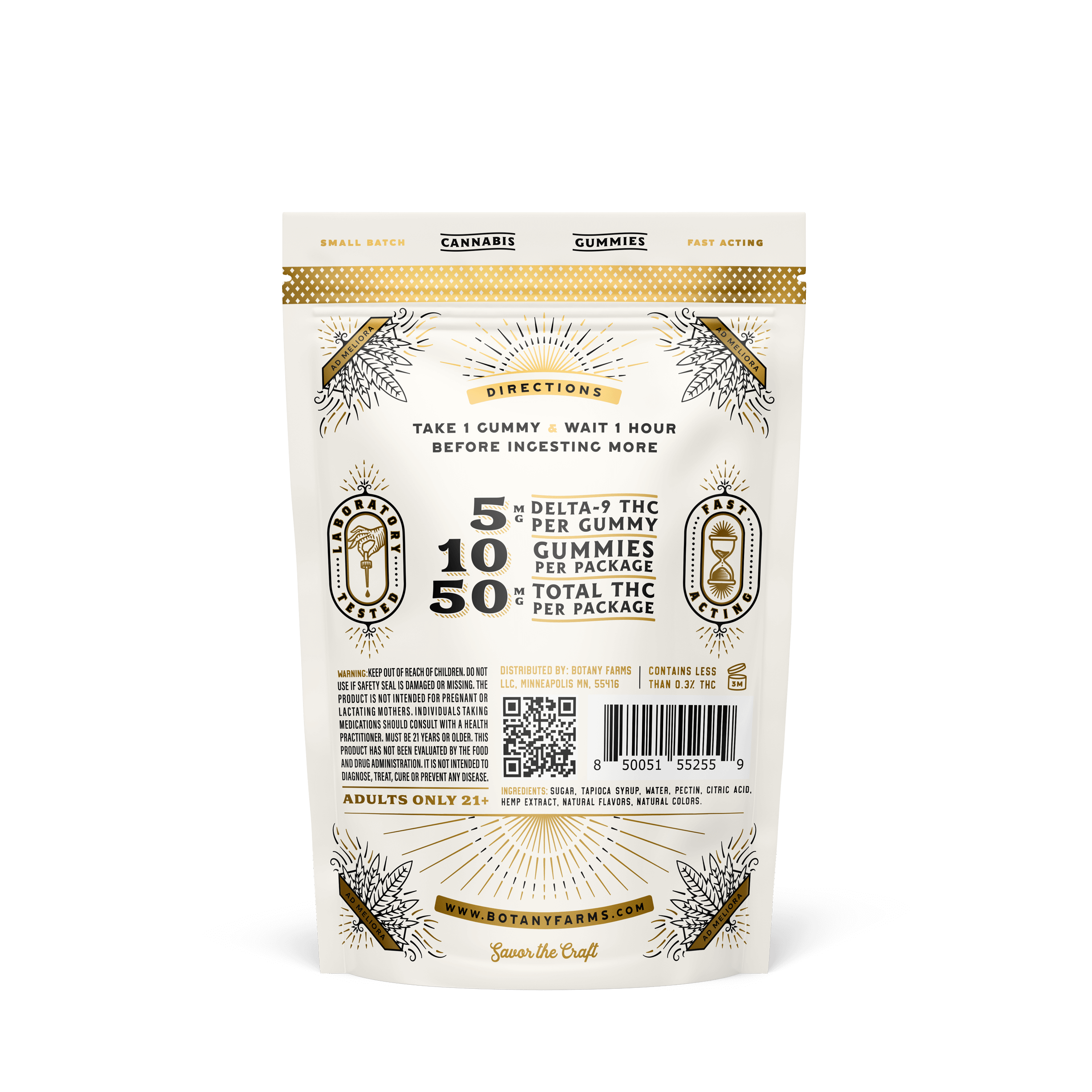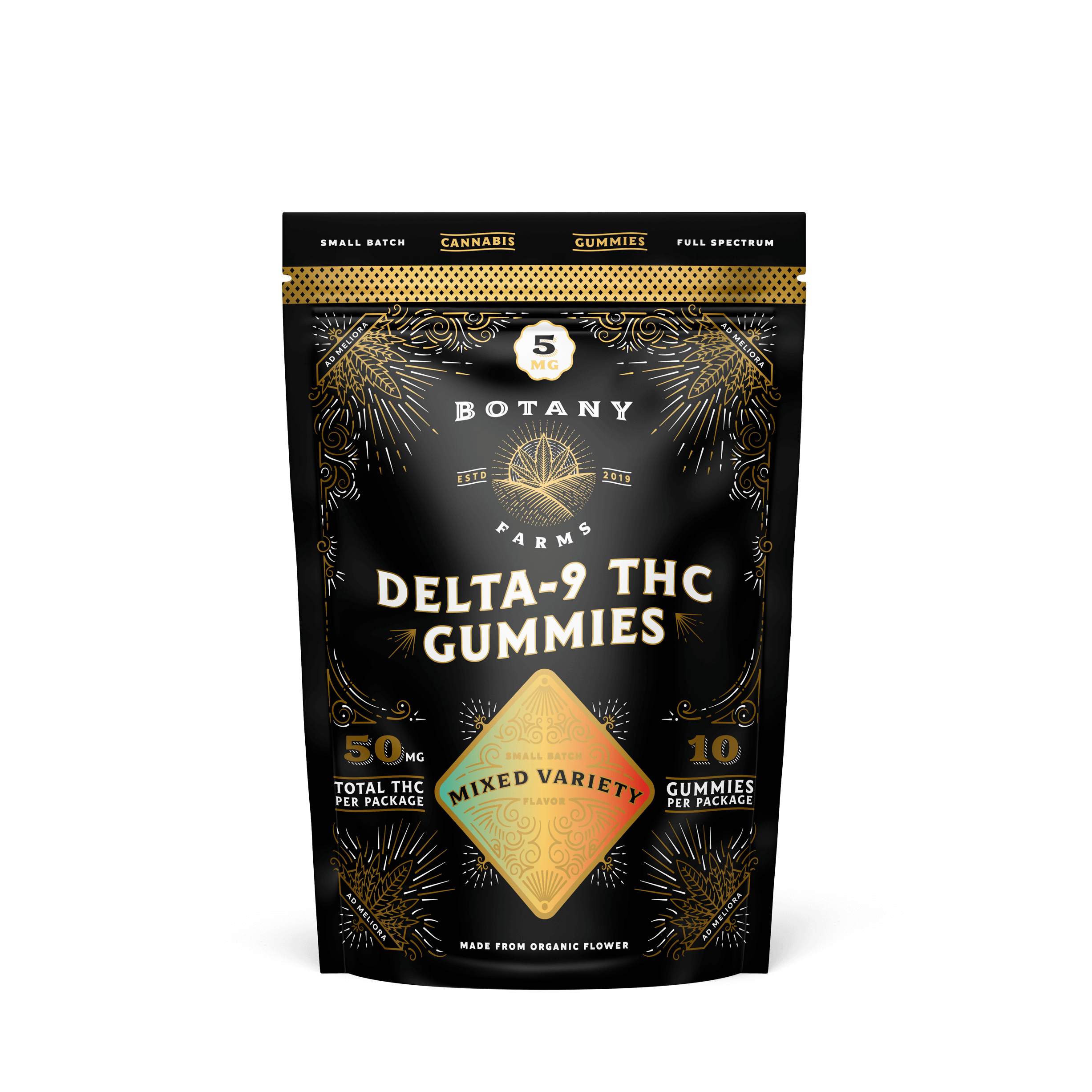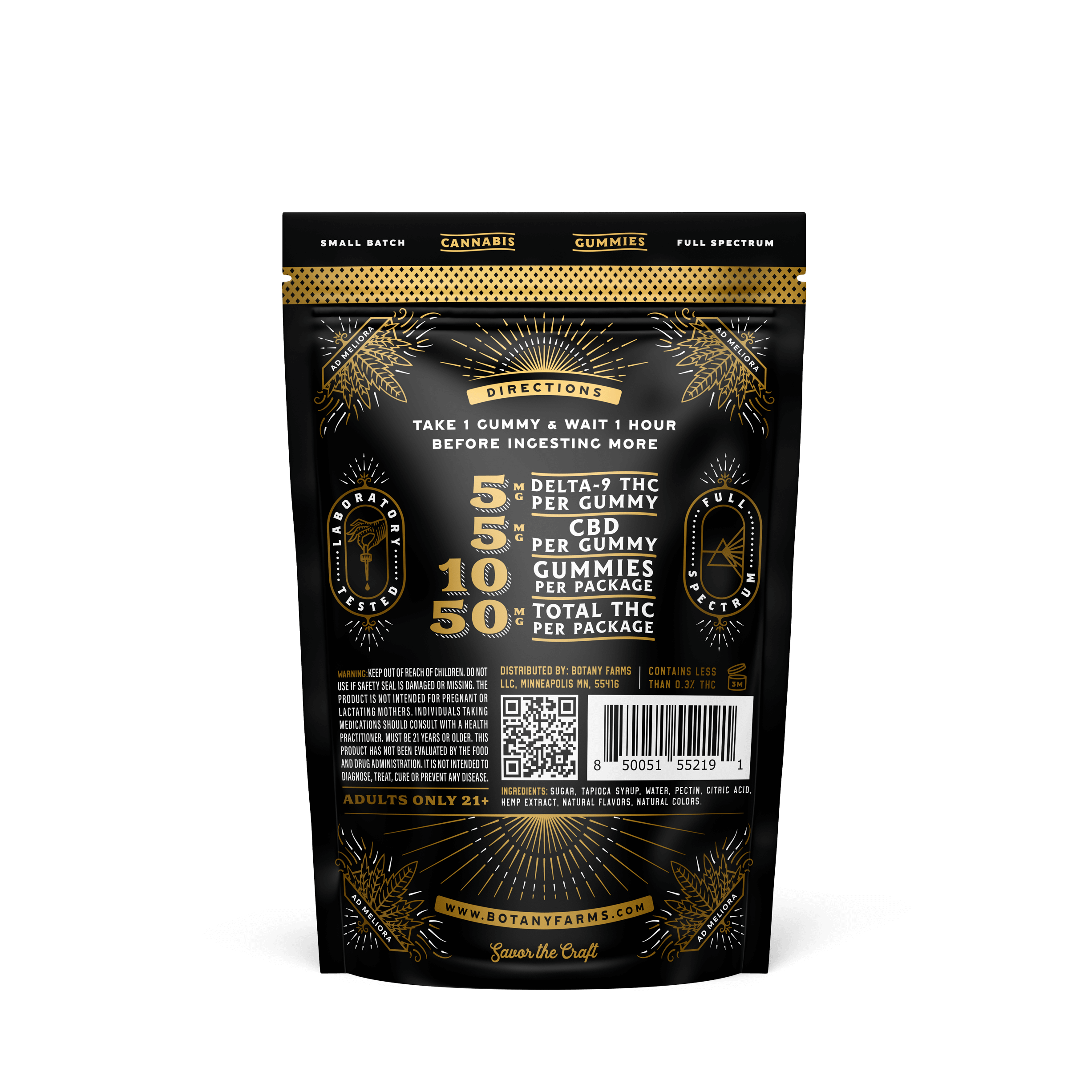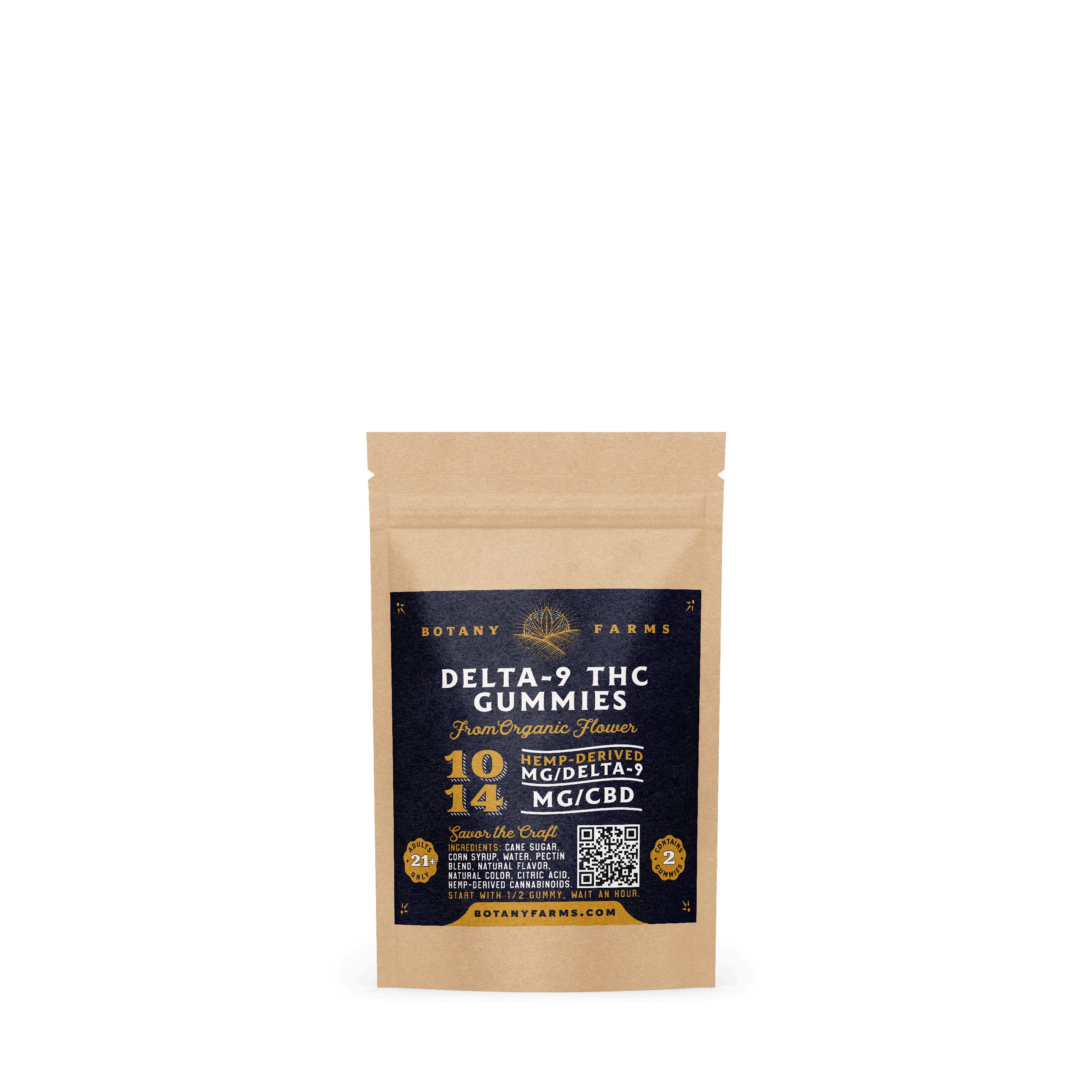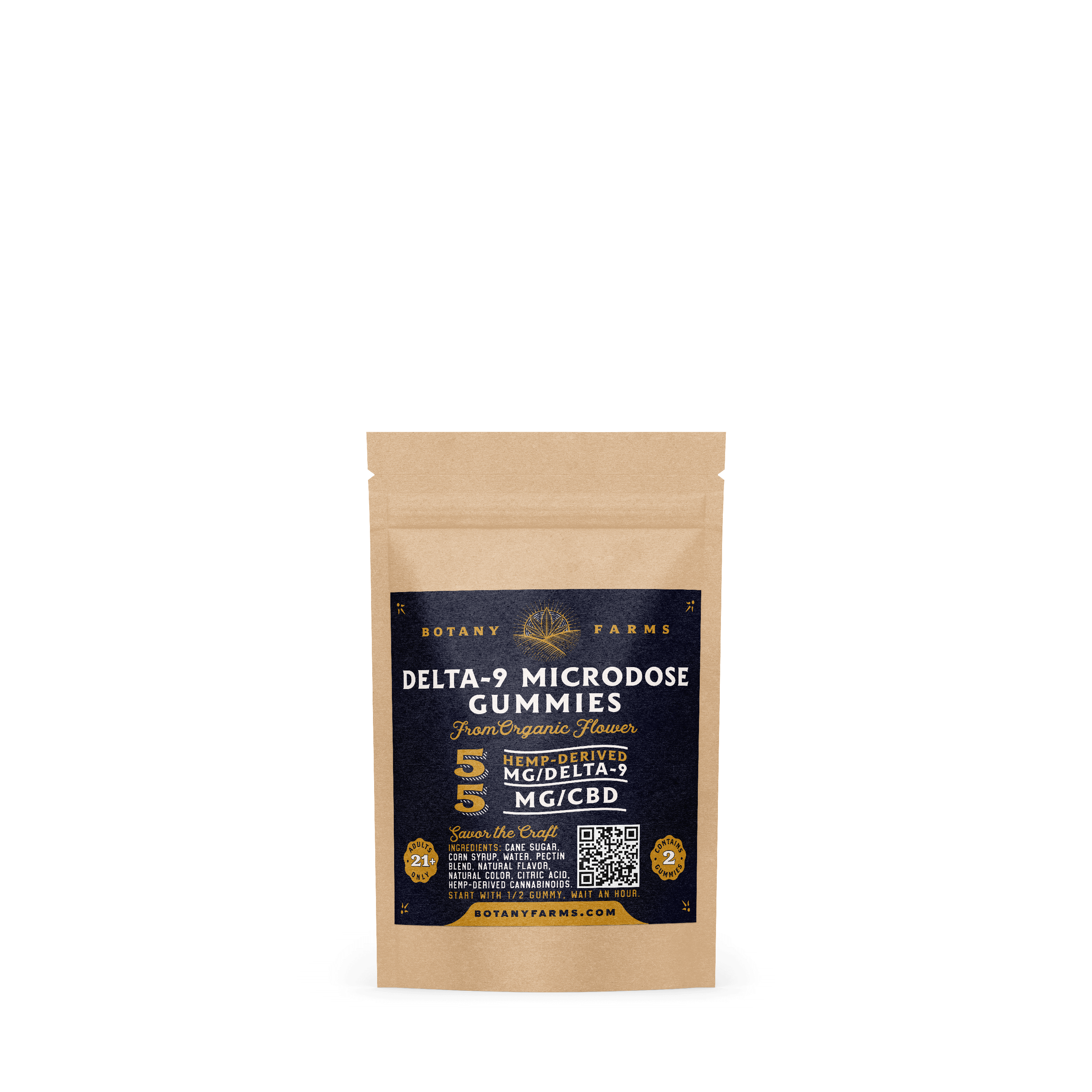Disclaimer: The information provided here is intended solely for informational and entertainment purposes. It should not be used as a substitute for professional medical advice, diagnosis, or treatment. Always seek the advice of your physician or other qualified health provider with any questions you may have regarding a medical condition or treatment and before undertaking a new health care regimen. Never disregard professional medical advice or delay in seeking it because of something you have read here.
Sleep and good rest have today been turned into rare and valuable goods amid the turmoil of modern fast life: sleep is one of the most important physiological needs of man and a necessary condition for the proper functioning of the body and the mind.
However, sleep-related issues are becoming more prevalent – according to the latest statistics, millions of people worldwide suffer from insomnia, from occasional sleep deprivation to chronic sleeplessness. Besides, there are known adverse effects and safety risks related to traditional drugs. This is the reason why people are looking for prospective natural ways to enhance sleep.
This is where Delta-9 THC gets touted as a solution to our lack of quality and consistent sleep. Keep reading, and you’ll learn how you can use Delta 9 to achieve a better, longer, and uninterrupted night’s sleep, how it works, and several key factors you should consider first.
Key Takeaways
- When consumed, Delta-9 THC can induce feelings of relaxation, euphoria, altered perception, and an increased sense of well-being.
- Delta-9 binds to CB1 receptors, modulating the release of neurotransmitters, including gamma-aminobutyric acid, or GABA, which has a calming effect.
- The effectiveness of Delta-9 for sleep disorders such as insomnia may vary from person to person.
- Improper or excessive use of Delta-9 could cause temporary side effects, including dry mouth, fast heart rate, and cognitive impairment, among others.
- While Delta-9 is perhaps the most recognized cannabinoid in the context of sleep, it is not the only one with potential sleep-promoting properties.
What Does Delta-9 THC Feel Like?
Delta-9 tetrahydrocannabinol is one of the best-known cannabinoids in cannabis, and accounts for many of the high feelings induced by the drug.
When eaten: it makes you mellow, uplifted, blissed out, giggly and provides an overall sense of wellbeing. It’s that feeling of bliss that has made Delta 9 such a popular recreational cannabinoid.
Delta 9’s ubiquity in the strain gives recreational users a mild euphoria, which is quite different to, say, weed that is strain-dominated for pure potency. I mention this because not only is Delta-9 THC very uneven as a psychoactive, but the intensity of the effect can be altered by selection of strain, dose and personal tolerance.
Delta 9 can bring about a gentle, sleepy high and even be very social with the user. The effects of Delta 9 vary from person to person but are considered mild, allowing users to feel very talkative and social, creative and lively. Delta 9 THC is the most common cannabinoid found in marijuana.
This means that ‘weed’ you smoked probably had Delta 9 THC. For most users, the effects of their high depend on dose – the more you consume, the higher the high. As dose increases, users enhance brain and body sensations and can experience increased creativity and euphoria.
However, these effects might have some side-effects, including anxiety and paranoia. So, use Delta 9 with awareness, and an understanding of how it might affect you, particularly if you’re considering using it as a sleep aid.
The Science Behind Delta-9 THC and Sleep
Science points to a direct link between Delta-9 THC and the body's endocannabinoid system. The endocannabinoid system, or ECS, is a complex network of receptors and signaling molecules (neurotransmitters) that regulate various physiological processes and mechanisms, including sleep.
Delta-9's mechanism of action is based on its affinity for binding to endocannabinoid receptors spread throughout the body.
When we consume Delta-9, it binds to the endocannabinoid CB1 receptors of the brain and central nervous system, thus modifying the synapse's electrical signals and generating its characteristic effects.
This happens because when Delta-9 binds to CB1 receptors, it modulates the release of neurotransmitters, including gamma-aminobutyric acid, or GABA, which has a calming effect. This interaction promotes relaxation and sedation, making it easier to fall asleep.
Delta 9 for Sleep Disorders and Insomnia
Research on the effects of Delta-9 on sleep has yielded mixed results. Some studies suggest that low to moderate doses of Delta-9 could help people fall asleep faster and experience deeper, more restorative sleep.
However, other studies warn against its use for prolonged periods, as it could lead to tolerance and cannabis use disorder.
The effectiveness of Delta-9 for sleep disorders such as insomnia may vary from person to person. While some individuals report improved sleep latency and quality, others may experience adverse effects such as restlessness, anxiety, and paranoia, making Delta-9 an unsuitable choice.
It is also important to compare the effects of Delta 9 vs. Delta-8 THC and other cannabinoids, such as Delta 10, to understand the nuanced differences between these compounds regarding sleep. While Delta 8 offers a milder high and may have potential sleep benefits, Delta 10 is a less studied cannabinoid, and its effects on sleep are not well documented.
On the other hand, other cannabinoids, such as CBD, known for their anxiolytic properties and non-psychoactive nature, may indirectly aid sleep by reducing anxiety, a common contributor to insomnia and other sleep disorders.
The ultimate decision between Delta 9, Delta 8, or other cannabinoids to manage sleep disorders boils down to individual preference, tolerance, and response. Research into the potential of cannabinoids for sleep is still ongoing.
A better understanding of the potential of each of these compounds could offer hope for tailored solutions to the multifaceted challenge of sleep disorders and insomnia.
Potential Side Effects and Considerations
While Delta 9 holds promise as a sleep aid, it helps to be aware of potential side effects before using it. Improper or excessive use of Delta 9 could cause some temporary side effects, including dry mouth, faster heart rates, and cognitive impairment, among others.
Let's take a closer look at these possible adverse effects.
- Euphoria: Delta-9 THC is recognized for its psychoactive effects, including feelings of euphoria and altered perception.
- Dry mouth: Dry mouth, also known as "cottonmouth," occurs because this compound decreases the production of saliva and other body fluids.
- Increased heart rate: Some individuals may experience a rapid heart rate, known as tachycardia, after consuming products with Delta 9.
- Anxiety and paranoia: Delta 9 could exacerbate anxiety or induce feelings of paranoia, especially in those predisposed to these conditions.
- Cognitive impairment: Delta 9 can impair cognitive functions, affecting memory, reaction times, and decision-making ability.
In addition to the potential risks of experiencing side effects, here are some vital factors to consider when using Delta 9 as part of your sleep aid routine:
- Legal status: Delta 9 legality varies based on your location. Always know the laws regarding the use, consumption and possession of Delta-9 before using.
- Tolerance and dependence: Are likely with persistent use of Delta 9. High tolerance could prompt one to consume more of it to achieve the typical effects. Given intermittent and persistent use, cannabis use disorder can also occur.
- Individual sensitivity: While many individuals may find Delta-9 THC to provide beneficial sleep qualities, cannabis affects everyone differently. For some, this may include benefits such as better sleep, but for others the experience may not be as amazing and may even be dangerous. Therefore, it’s important to consider an individual’s sensitivity in using Delta 9 to promote better sleep.
- See your physician: If you’re interested in self-medicating your sleep with the Delta 9, seeing a physician is advised – especially if there is a potential risk of mental health issues, substance use disorders, or any other form of addiction. A physician can help to further evaluate if Delta 9 will be best for you or help you.
Other Cannabinoids and Sleep
Delta-9 might be the most well-known cannabinoid for sleep but it is not the only cannabinoid with potential sleep benefits – both CBD and CBN are also being investigated for their potential ability to enhance sleep in human beings.
Let's explore some of these alternative cannabinoids, focusing on CBN and CBD.
CBN, a minor cannabinoid that often forms when THCA is decarboxylated, or when THC ages, is exposed to air, light or heat. CBN is not psychoactive but has been found to make THC upwards of three times as potent in permeating the blood-brain barrier.
As it turns out, although it has minimal (probably not optimal) psychoactivity, the real promise of this cannabinoid is as a hypnotic. It’s mostly basic stoners who swear by it, generations of users who consume aged buds or charred Delta 9 edibles.
These products are said to have elevated levels of CBN because of longer exposure to heat, light and air. CBN lacks psychoactivity and may even have sleep-inducing properties, so it is a better candidate for helping people get some shut-eye without the typical high associated with Delta-9 THC.
- CBN effects on sleep: CBN is widely recognized for its sedative properties, which could help promote drowsiness and relaxation. Some users also report that CBN could help prolong the duration of their sleep, leading to longer and better-quality periods of rest. Another notable aspect of CBN is that, unlike Delta-9, CBN does not induce anxiety or paranoia, making it a gentler option for those prone to such issues.
- Comparison of CBN to Delta-9: CBN lacks the psychoactive effects of Delta-9 THC, making it a suitable choice for individuals who want the sleep benefits of cannabis without the high. Unlike Delta-9, CBN is less likely to impair cognitive functions or memory. Additionally, its soothing properties make it particularly well-suited for addressing sleep-related issues, while Delta-9 has a broader range of effects.
- CBD effects on sleep: CBD is known for its anxiety-reducing properties, which could create a calming effect, potentially helping individuals fall asleep easily. Some users report that CBD leads to better overall sleep quality and fewer interruptions during the night. Another important aspect is that, unlike Delta-9 THC, CBD is unlikely to cause excessive daytime drowsiness, making it suitable for those who need to remain alert during the day.
- Comparison of CBD with Delta 9: The most notable aspect of the CBD vs. Delta 9 comparison is the non-intoxicating nature of CBD. This means that CBD does not produce the psychoactive effects associated with Delta-9. CBD is also famous for its versatility as it can be easily incorporated into various wellness routines, not solely for sleep.
Choosing the right cannabinoid for sleep is a personal decision. Delta 9 products, such as Delta 9 gummies and Delta 9 microdosed gummies, could be helpful remedies for people with sleep problems.
Other cannabinoids, such as Delta 10, and related products, such as Delta 10 gummies and vape carts, may work as sleep aids, but their specific effects on sleep are less studied.
CBN is a gentler option with less intoxicating effects, while CBD indirectly aids sleep by reducing anxiety without causing drowsiness.
However, efficacy could vary between individuals, so it is crucial to experiment carefully and consult healthcare professionals during the process, especially those individuals with underlying medical conditions or those taking medications.
Final Thoughts
A good sleep is a luxury that many of us often miss in our modern, fast-paced lifestyle. It is an integral part of our physical and mental well-being. Sleep problems – ranging from occasional restlessness to chronic insomnia – impact millions of people, fueling research into the search for natural solutions.
The ability of delta-9 THC to improve sleep duration and quality, although limited, offers a small window on its potential medicinal benefits, although its most prominent activities are associated with the pleasurable and psychoactive high.
This might account for its prevalence in a variety of strains, as well as its continuing popularity among recreational users – its psychoactive effects can also vary according to strain and dose.
Delta 9 binds to the endocannabinoid system (the same one that reacts to the natural cannabinol found in your own fat cells) to trigger a physiological reaction that could lead to both muscle relaxation and sedation, assisting falling asleep. It could be helpful to manage some sleep disorders, but the responses are highly subjective, and, of course, there are several risks.
While there are arguably differences between Delta 9 and other cannabinoids such as Delta 8, Delta 10, CBD and CBN, they all offer a series of diverse options for improving sleep: CBN is non-psychoactive and sedative. CBD is the gentlest and indirect sleep aid, helping to reduce anxiety and discomfort.
In conclusion, insomniacs often look for a cure, and some believe that cannabinoids like Delta 9 might be the answer. Delta 9’s effects on sleep are promising, but they vary person-to-person and are complex.
Learning to use Delta-9 to help sleep involves patience, experimentation, and careful consideration of the most important factors with the help of healthy self-awareness and professional guidance so that the end result is as effective as it is safe. The search for high-quality slumber continues, and the answer may very well lie within the realm of cannabinoids.
Delta 9 for Sleep: Frequently Asked Questions
Does Delta 9 Gummies Give You the Munchies?
Delta 9 gummies can cause an increase in appetite, commonly known as "the munchies."
Is Delta 8 or 9 Better for Sleep?
The choice between Delta 8 and Delta 9 for sleep is subjective, as individual responses vary. Both cannabinoids may have sleep-inducing properties, but Delta 9 is known for its potent psychoactive effects, while Delta 8 offers a milder high.
Should I Take Delta 9 Before Bed?
It all depends on your preferences and tolerance level. Some individuals find that taking Delta-9 before bed could help them sleep, but others may experience side effects or altered sleep patterns.
Does Delta 9 Affect REM Sleep?
Delta-9 THC could affect REM sleep by potentially reducing the time spent in this stage. Its impact on sleep architecture may vary between individuals.
Does Delta 9 Help You Sleep?
Delta-9 THC may help some individuals sleep by promoting relaxation and sedation, but its effectiveness varies between users.
Can You Take Delta 9 Every Day for Sleep?
Taking Delta 9 every day for sleep is not recommended for everyone, as it can lead to tolerance and dependence. Consult a healthcare professional for personalized guidance.
Side Effects of Delta 9 for Sleep?
The side effects of Delta 9 for sleep could include dry mouth, increased heart rates, cognitive impairment, anxiety, and paranoia. These may vary depending on individual sensitivity and dosage.
Sources used for this article:
- https://www.ncbi.nlm.nih.gov/pmc/articles/PMC5353813/
- https://www.ncbi.nlm.nih.gov/pmc/articles/PMC9067069/
- https://pubmed.ncbi.nlm.nih.gov/15302527/
- https://www.ncbi.nlm.nih.gov/pmc/articles/PMC7480724/
- https://www.ncbi.nlm.nih.gov/pmc/articles/PMC4789136/
- https://www.ncbi.nlm.nih.gov/pmc/articles/PMC9036386/
- https://pubmed.ncbi.nlm.nih.gov/36149724/
- https://www.ncbi.nlm.nih.gov/pmc/articles/PMC8725316/
Note: This article is provided by Botany Farms for informational purposes only and does not constitute medical advice. The content is intended to offer insights into the practice of dabbing and the use of cannabis concentrates, reflecting current knowledge and research within these areas. It is not aimed at diagnosing, treating, curing, or preventing any diseases or health conditions. As the legal status of cannabis varies across different regions, it is the responsibility of the reader to be informed about their local laws regarding cannabis use. Botany Farms advises all readers to consult with a healthcare professional before making any decisions about cannabis consumption to understand fully the potential risks and benefits. Botany Farms and the authors of this content disclaim all liability for any adverse effects that may arise from the use of information provided in this article.
